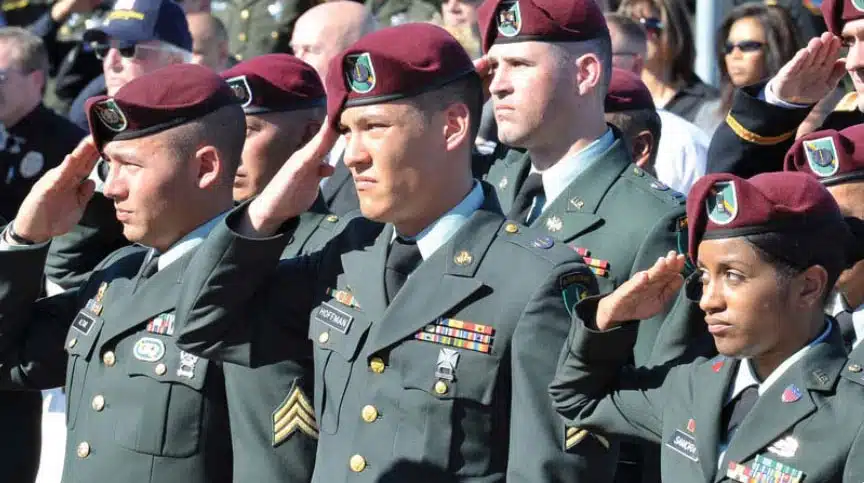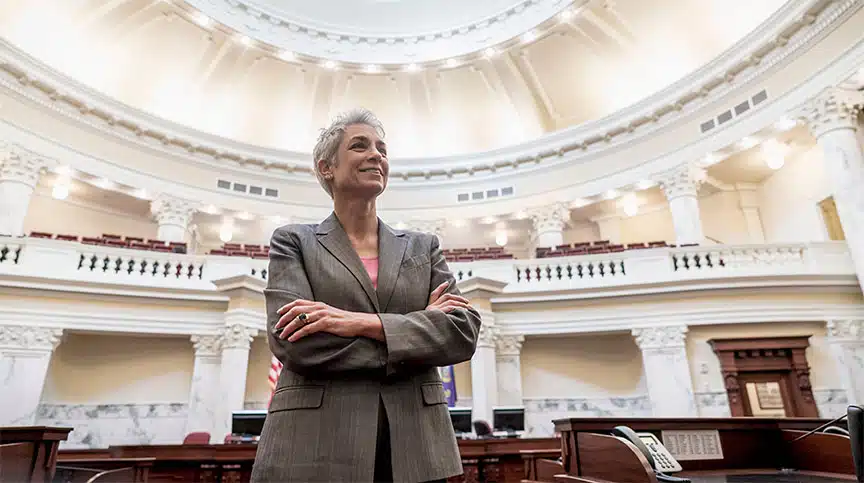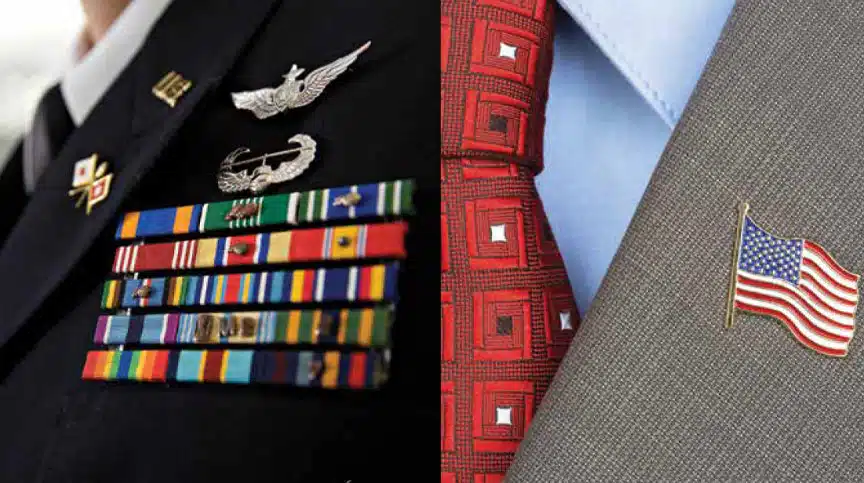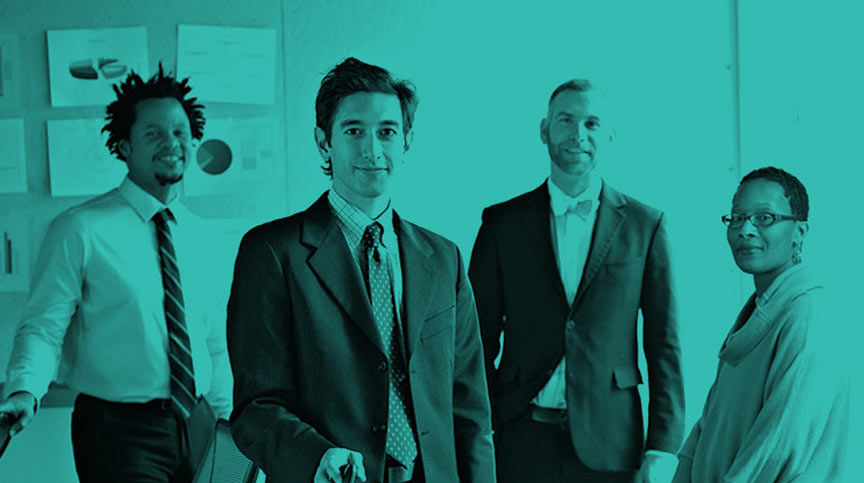Overcoming Leadership Military Challenges
High-level military leader selections impact thousands of individuals and processes that make up our military, which means these leaders need to be effective and resilient and rise above leadership military challenges.
Yet how do military leaders learn the lessons of leadership? Traditional wisdom tells us that classroom leader development and battlefield experience are perhaps the key places where officers learn about leadership, but is there a broader set of experiences that have an important developmental impact?
What lessons do military leaders actually learn that they come to see as most valuable? And how can we draw upon their experiences to avoid future mistakes and build on past successes?
Until recently, no one had gone directly to senior military officers and asked these questions about leadership military challenges and experiences.
We conducted research with military officers attending our Leadership at the Peak program, surveying them on their key developmental experiences and the lessons learned from those events.
Understanding the types of events that lead to these vital lessons can provide current and future military officers a greater ability to guide subordinates, provide opportunities to learn, and identify situations that can deliver important leadership lessons. These key events also assist practitioners when creating tools and processes to enhance leadership development and address leadership military challenges.
In addition, leader development practitioners can better create tools and processes to assist these military leaders in not only charting the best course for their own development but also reflecting on what has been learned from the opportunities they’ve had.
Top 10 Developmental Experiences to Address Leadership Military Challenges
Respondents in our survey were asked to reflect on their careers and to share the key developmental experiences that led to a lasting change in the way they lead or manage.
As noted in our white paper, what emerged from this list were the 10 key developmental experiences listed below. Developmental experiences include, but go well beyond, traditional classroom work and battlefield experience as sources of leader development.
- Positive Role Models (37%)
- Negative Role Models (27%)
- Failures and Mistakes (19%)
- Leader in High-Risk Situations (17%)
- Increase in Scope (15%)
- Coursework (14%)
- Personal Trauma (14%)
- Mentors (14%)
- Values Playing Out (12%)
- Lateral Moves (10%)
The top 3 events (Positive Role Models, Negative Role Models, and Failures and Mistakes) provide a greater understanding of the types of experiences that lead to leadership lessons and improved leadership behaviors in the military. Military officers clearly perceive role models as the most influential development experience in their careers.
Failures and Mistakes were reported as key developmental events by 19% of participants and offered the second-highest level of opportunity to learn lessons of leadership. In high-stakes situations, while in the spotlight of powerful audiences, and during day-to-day operations, these Failures and Mistakes events were vital experiences that impacted top officers’ approaches to leadership.
Managing Subordinates: A Common Lesson Throughout Key Developmental Experiences
Across all the developmental experiences listed by the participants, “Managing Subordinates” was a lesson that ran through the events most frequently. Leading through crisis, building teamwork, and preparing others for high-stress combat situations and leadership military challenges seemed to be the greatest lesson that top military leaders learned from every event they described, except Personal Trauma and Values Playing Out. Additionally, 86% of all respondents reported they learned something about Managing Subordinates from positive and negative role model events.
Managing Subordinates lessons can be highlighted as an area for reflection and learning during future training and mentoring while providing valuable pathways for the next generation of leaders.
Military leaders are expected to value, protect, develop, and manage performance problems in their subordinates. And when managing people, it’s important to keep in mind that subordinates are watching the type of leadership officers model and how they handle and learn from their Failures and Mistakes.
Implications for Leadership in the Military
The research we conducted provides insight into leadership military challenges and the lessons successful military officers learned from specific leadership development experiences.
As such, it can inform the personnel policy decisions that are intended to produce senior leaders with particular leadership competencies by providing them with the experiences that develop those competencies.
What stands out from this study is that individuals gained the most from experiences with Positive and Negative Role Models, and the greatest lessons they learned were about Managing Subordinates.
Officers learn from role models how they should and should not lead others. Regardless of the insight they have into the rationale behind their superiors’ decisions, they are witness to superiors’ behaviors and how those behaviors impact others.
Role models also shape officers’ impressions of who they might become by continued military service. A positive role model can inspire a commitment to a career of military service, while a negative role model can cause an officer to change careers. Self-aware leaders with high levels of empathy replicate themselves by their example and through mentoring relationships with promising subordinates.
Access Our Webinar!
Watch our webinar, Government Leadership After Crisis: Resetting Your Mindset and Expanding Your Tool Set, and learn a research-based model to describe and apply the 3 critical tasks of leadership in government.
Managing Subordinates emerges from the data as the most frequent lesson learned by participants and is connected to the majority of reported experiences. This finding emphasizes the need for leaders to boost their self-awareness to learn as much as possible about their own leadership style, the impact of their behaviors on others, and their approach to communication.
It also means that, while designing careers to create the broadening experiences that will grow adaptable leaders, the military should ensure that officers have developmental experiences that teach them how to manage others and overcome leadership military challenges.
Military services can leverage mentoring and coaching programs for people rising through the ranks in order to develop senior officers who are positive role models with superior coaching and mentoring skills.
Officers with the emotional intelligence to skillfully manage individual subordinates through professional challenges and personal traumas can set a tone that creates a healthy command climate within the organizations they lead. Whatever an officer can do to become a better role model and mentor will have ripple effects that positively influence the development of subordinates throughout their careers.
Ready to Take the Next Step?
At CCL, we’ve been helping organizations deal with leadership challenges in the military and government sector for decades. We can serve as a trusted partner to you and your defense agency or or organization with our government leadership training.








